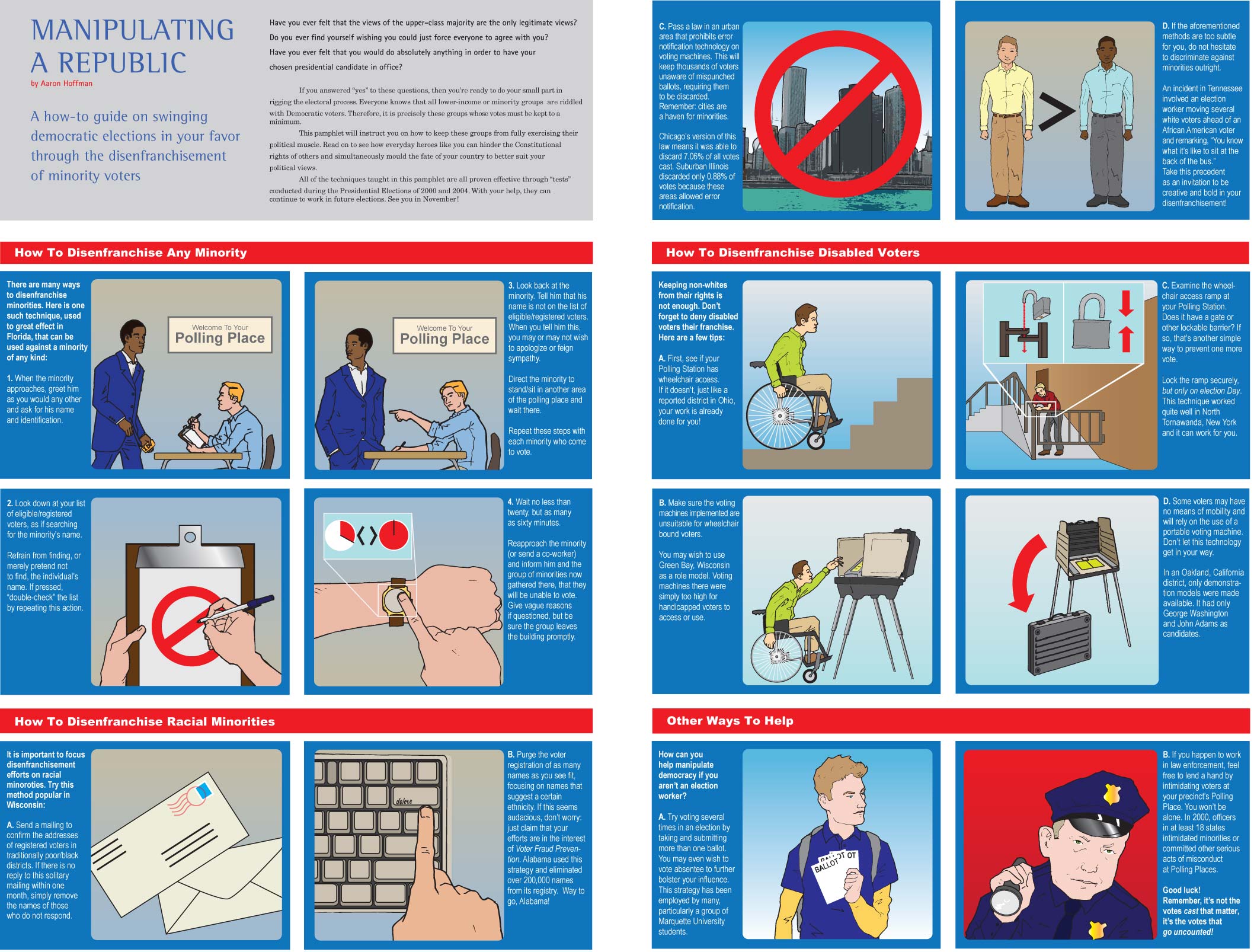13-Year-Old Somali Rape Victim Stoned
In late October, a young Somali girl who had reported being raped by three men was accused of adultery and stoned to death before an audience of 1,000 spectators. The local Islamist militia controlling the city of Kismayu operates under Shariah law, a system under which rape accusations must be supported by four male witnesses in order to be considered valid. This makes it difficult, if not impossible, to prove that a rape has occurred and is often tantamount to a death sentence for the woman involved, as her report of rape may be used as proof of adultery or fornication.
The girl was buried in a hole up to her neck and pelted by about 50 men with stones. Amnesty International has confirmed the girl’s identity as 13-year-old Aisha Ibrahim Duhulow. Her age was initially reported as 23 years by witnesses based on her appearance, but Amnesty says that her father has confirmed she was a child. None of the men implicated by Aisha have been arrested.
Some of the more horrific details which have emerged include militia members opening fire on bystanders who attempted to stop the stoning and save her life, resulting in the death of a young boy. Eyewitness accounts also indicate that nurses were instructed to determine whether Aisha was still alive during the proceedings — so they removed her from the ground, announced that she was, and buried her again so that the stoning could continue.
The Global Campaign to Stop Killing and Stoning Women is encouraging those horrified by this crime to “write a letter to the representatives of Somalia, the African Union, and various UN human rights offices to encourage them to take action by investigating this murder, bringing the perpetrators to justice, and denouncing the actions of these insurgents.” Contact information and a sample letter are available on their website.
Women With Disabilities At Greater Risk For Domestic Abuse
A recent study shows that women with disabilities are more likely to experience abuse from an intimate partner than able-bodied women. Women with disabilities were 17% more likely to experience some form of intimate partner violence in their lifetime, and 10% more likely to report a history of unwanted sex, 13% more likely to be threatened with violence, and 15% more likely to being hit, slapped, kicked, or otherwise physically hurt.
The author of the study, Dr. Brian Armor, talked to Reuters speculating on the reasons why this may be the case.
“Perhaps, women with disabilities are vulnerable to intimate partner violence because their disability might limit mobility and prevent escape; shelters might not be available or accessible to women with disabilities; the disability might adversely affect communication and thus the ability to alert others or the perpetrator might control or restrict the victim’s ability to alert others to the problem.”







